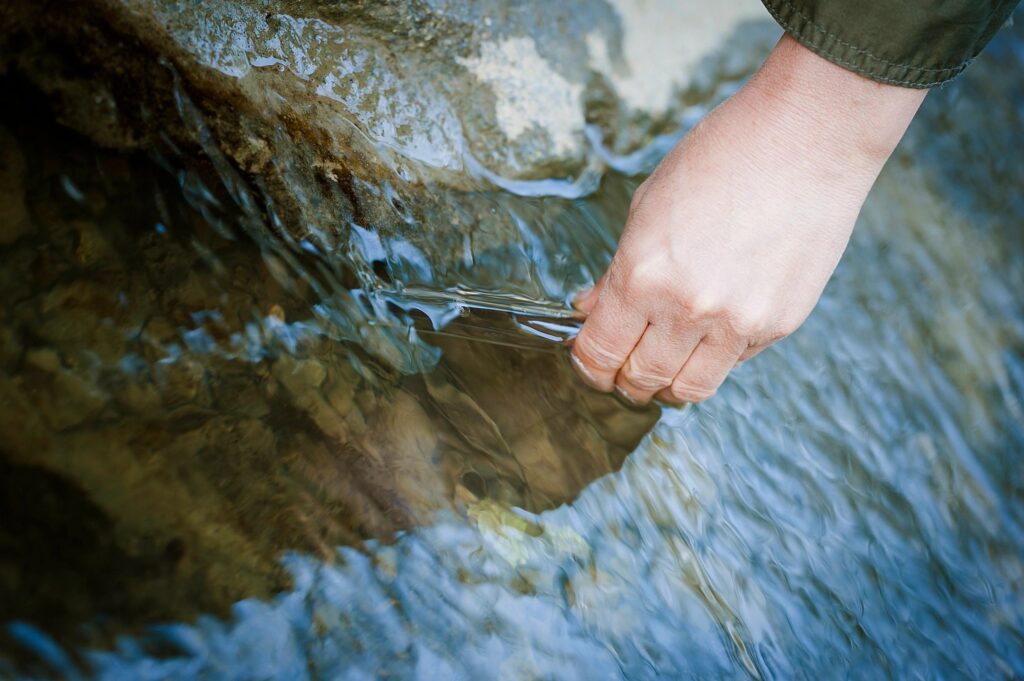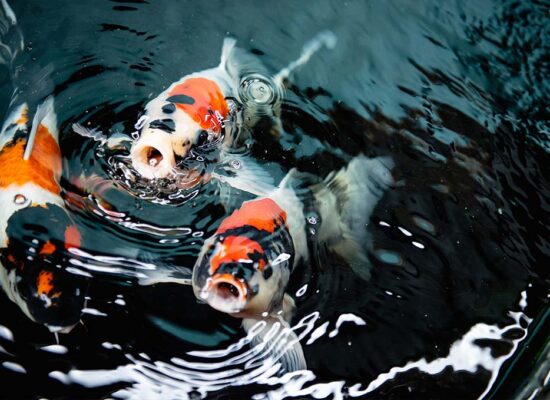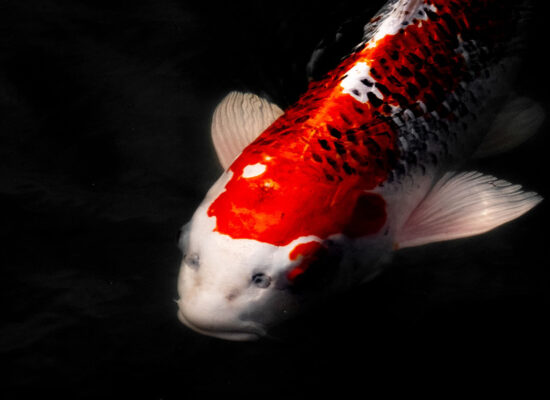
The quality of the water in your koi pond is crucial to the health and well-being of your koi fish. Poor water quality can lead to a variety of problems for your koi, including stress, illness, and even death. In this blog, we will explore the importance of water quality and how to maintain it for the health of your koi.
One of the most important factors to consider when it comes to water quality is the level of dissolved oxygen in the water. Koi require a high level of dissolved oxygen to support their active swimming habits and to ensure proper organ function. Insufficient levels of oxygen in the water can lead to stress, lethargy, and even death.
Another important factor to consider is the level of ammonia and nitrite in the water. These substances are the result of waste produced by koi and can be harmful to their health. High levels of ammonia and nitrite can cause irritation to the gills and skin, and can ultimately lead to illness or death.
It’s also essential to maintain a stable pH level in your koi pond. Koi are sensitive to rapid changes in pH and can become stressed if the level fluctuates too much. A pH level between 7.0 and 8.5 is ideal for koi, but it’s important to regularly test the water to ensure it remains within this range.
To maintain good water quality for your koi, it’s important to regularly perform partial water changes and clean the pond to remove excess waste and debris. Using a high-quality filter can also help to remove harmful substances from the water and keep it clean and healthy.
In conclusion, the quality of the water in your koi pond is crucial to the health and well-being of your koi fish. By regularly maintaining the water quality and keeping it within the appropriate range of parameters, you can provide a happy and healthy environment for your koi to thrive.



